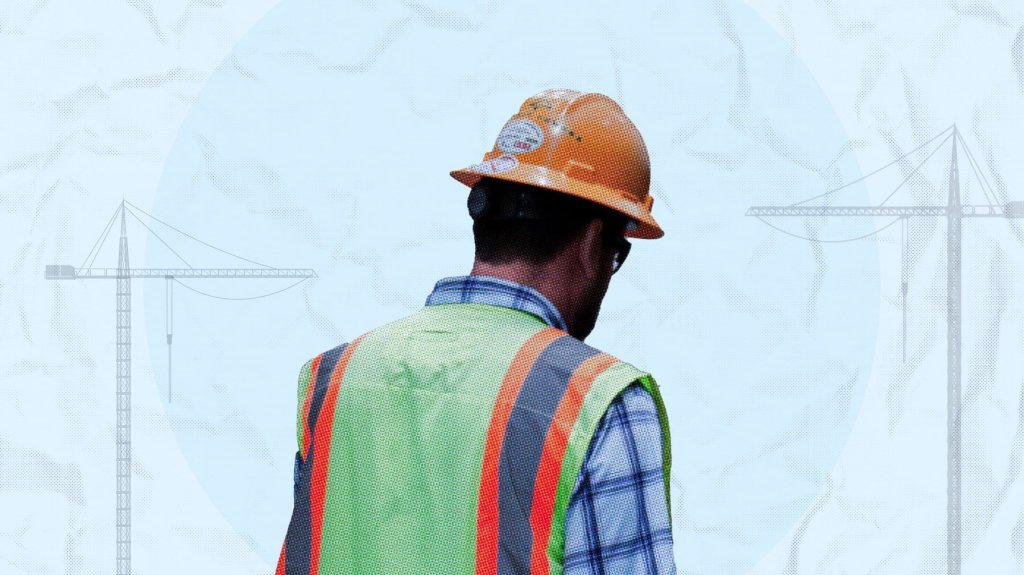Construction is one of the world's most dangerous industries, and it’s easy to see why jobsites are physically hazardous. But mental health hazards, like stress and depression, are often overlooked.
Mental health in construction
According to a 2020 study, 83% of construction workers have struggled with mental health in some way. This number may be surprising because, due to social stigma, many individuals who are affected choose not to speak openly about their issues. In addition to fearing judgement some workers, especially men, may feel they will be perceived as weak or vulnerable for admitting their mental health is suffering.
There are several reasons an employee could be experiencing a mental health struggle. It could either be from frustration or difficulties in their work or personal life. In the most extreme cases, mental health issues can lead to workplace violence or even suicide.
This is why it’s important to look for warning signs of poor mental health in your coworkers and create a supportive and safe environment to discuss issues affecting mental health on the jobsite.
Signs an employee is struggling with mental health
Here are a few ways mental health issues can manifest:
Stress
Stress is one of the most obvious signs of someone struggling with their mental health. Common signs of stress include irritability, sweating, and absent-mindedness. If an employee isn’t able to fully focus on their work due to stress, this can lead to unsafe conditions on the jobsite.
Depression
If a coworker is gloomy, unusually quiet, or just seems sad, they may be dealing with some form of depression. This could be a chronic issue or more closely related to life events, but either way, it’s important to seek treatment for depression when it interferes with one’s wellbeing.
Substance abuse
If you see obvious signs of substance abuse in the workplace, it may mean that your employee or coworker is struggling with their mental health. Substance abuse can also cause additional safety hazards on the jobsite, so it’s important to address quickly.
Fatigue
Fatigue is an often overlooked sign of mental health struggles. It can be caused by insomnia related to stress or depression. It can inhibit an employee’s ability to focus on the jobsite, leading to many more potential safety hazards.
Ways to support mental health in construction
It’s important to make sure you create an environment where employees feel free to discuss their struggles with each other and their supervisors.
Preventing burnout
Burnout is a leading cause of work-related stress. But when you support open communication and a good work-life balance, you can prevent many cases of employee burnout.
Toolbox talks
By giving occasional mental health-focused toolbox talks, you can help educate your crews on what to look out for.
Additional resources
National Suicide Prevention Lifeline: 988
Keep jobsites safe and productive
Raken enables you to prioritize your employee’s safety on the jobsite while also focusing on productivity. We’re your all-in-one tool for the field.
